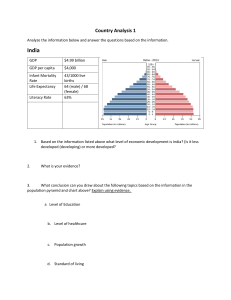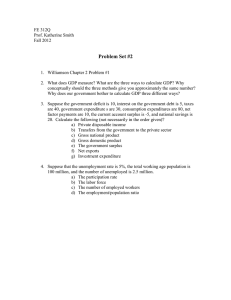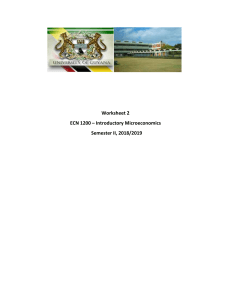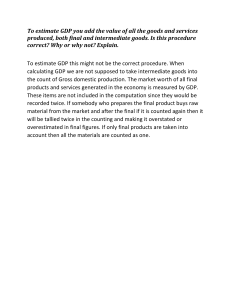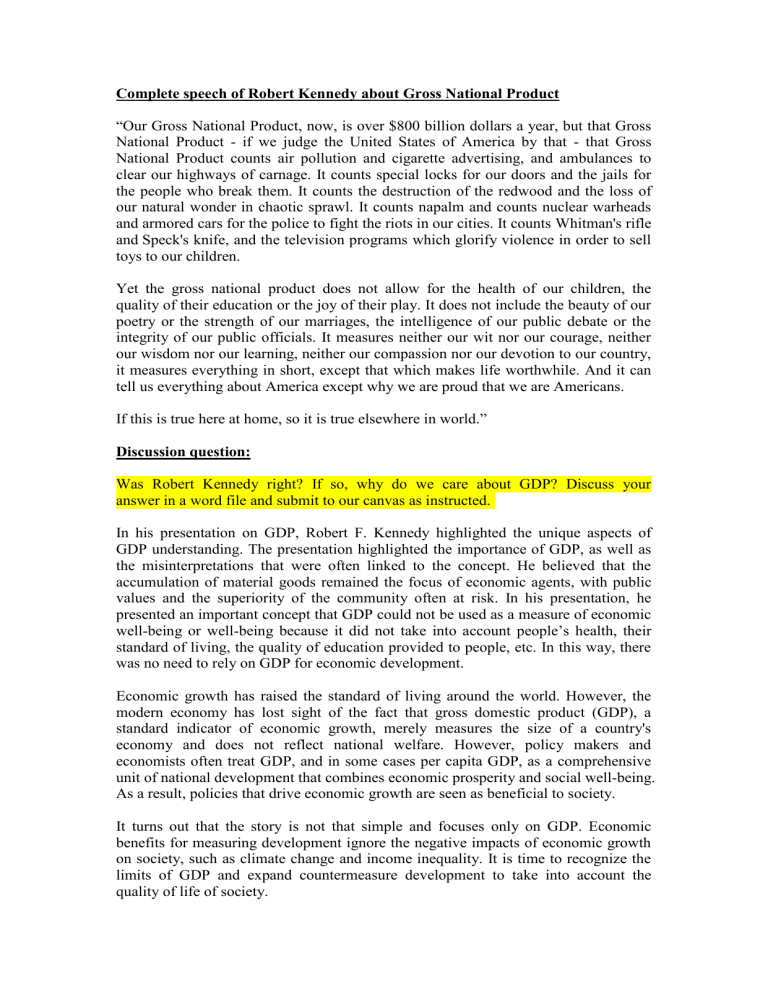
Complete speech of Robert Kennedy about Gross National Product “Our Gross National Product, now, is over $800 billion dollars a year, but that Gross National Product - if we judge the United States of America by that - that Gross National Product counts air pollution and cigarette advertising, and ambulances to clear our highways of carnage. It counts special locks for our doors and the jails for the people who break them. It counts the destruction of the redwood and the loss of our natural wonder in chaotic sprawl. It counts napalm and counts nuclear warheads and armored cars for the police to fight the riots in our cities. It counts Whitman's rifle and Speck's knife, and the television programs which glorify violence in order to sell toys to our children. Yet the gross national product does not allow for the health of our children, the quality of their education or the joy of their play. It does not include the beauty of our poetry or the strength of our marriages, the intelligence of our public debate or the integrity of our public officials. It measures neither our wit nor our courage, neither our wisdom nor our learning, neither our compassion nor our devotion to our country, it measures everything in short, except that which makes life worthwhile. And it can tell us everything about America except why we are proud that we are Americans. If this is true here at home, so it is true elsewhere in world.” Discussion question: Was Robert Kennedy right? If so, why do we care about GDP? Discuss your answer in a word file and submit to our canvas as instructed. In his presentation on GDP, Robert F. Kennedy highlighted the unique aspects of GDP understanding. The presentation highlighted the importance of GDP, as well as the misinterpretations that were often linked to the concept. He believed that the accumulation of material goods remained the focus of economic agents, with public values and the superiority of the community often at risk. In his presentation, he presented an important concept that GDP could not be used as a measure of economic well-being or well-being because it did not take into account people’s health, their standard of living, the quality of education provided to people, etc. In this way, there was no need to rely on GDP for economic development. Economic growth has raised the standard of living around the world. However, the modern economy has lost sight of the fact that gross domestic product (GDP), a standard indicator of economic growth, merely measures the size of a country's economy and does not reflect national welfare. However, policy makers and economists often treat GDP, and in some cases per capita GDP, as a comprehensive unit of national development that combines economic prosperity and social well-being. As a result, policies that drive economic growth are seen as beneficial to society. It turns out that the story is not that simple and focuses only on GDP. Economic benefits for measuring development ignore the negative impacts of economic growth on society, such as climate change and income inequality. It is time to recognize the limits of GDP and expand countermeasure development to take into account the quality of life of society. GDP provides information about the size and performance of the economy. Real GDP growth is often used as an indicator of the overall health of the economy. Broadly speaking, an increase in real GDP can be interpreted as a sign that the economy is doing well. If GDP is falling, then the economy is shrinking - bad news for businesses and workers. If GDP falls for two quarters in a row, that is known as a recession, which can mean pay freezes and lost jobs. And I think these are the reasons why a nation still do care about its GDP growth despite of its limitations.
